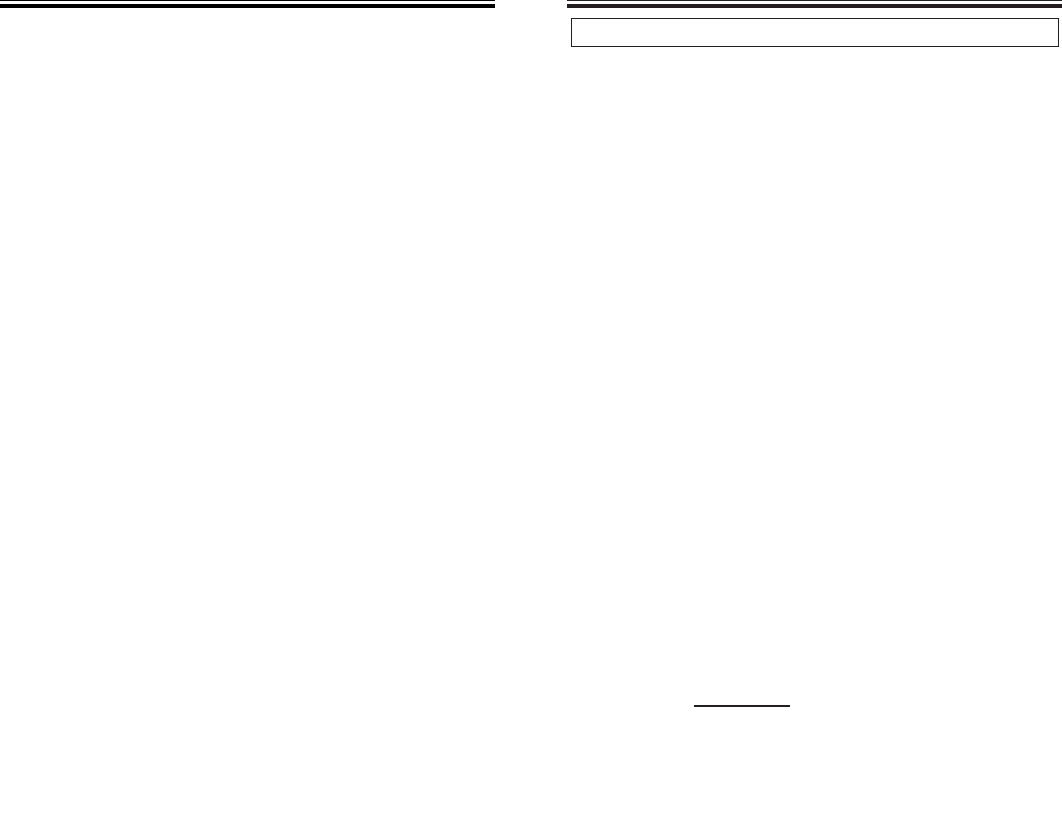
CAUTION
In August 1996, the Federal Communications Commission (FCC)
of
the United States with its action in Report and Order FCC 96-326
adopted an updated safety standard for human exposure to radio
frequency electromagnetic energy emitted
by FCC regulated trans-
mitters. Those guidelines are consistent
with the safety standard
previously set by both U.S. and international
standards bodies.
The design of this phone complies
with the FCC guidelines and
these international standards.
Use only the supplied or an approved antenna. Unauthorized
antennas, modifications, or attachments could impair call quality,
damage the phone, or result in violation of FCC regulations.
Do not use the phone with a damaged antenna. If a damaged
antenna comes into contact with the skin, a minor burn may
result.
Please contact your local dealer for replacement antenna.
Body-worn Operation (Holster Part Number : 2H020665002)
This device was tested with holster (Part No:2H020665002) for
body-worn operation with the back of the phone kept 0.59 inchs
(15mm) from the body. To comply with FCC RF exposure require-
ments, a minimum separation distance of 0.59 inchs (15mm) must
be maintained between the user's body and the back of the phone,
including the antenna, whether extended or retracted. All belt-clips,
holsters and similar accessories used by this device must not con-
tain any metallic components. Body-worn accessories that do not
meet these requirements may not comply with FCC RF exposure
limits and should be avoided.
Note: For more information about RF exposure, please visit the
FCC website at www
.fcc.gov.
SAFETY INFORMATION FOR
FCC RF EXPOSURE
WARNING! Read this information before using your phone
Chapter 9 - Page 127
SAFETY INFORMATION FOR
WIRELESS HANDHELD PHONES
OPERATING PROCEDURES
Never violate any of the following Rules and Regulations
of the FCC when using your phone. The following offenses
are punishable by fine, imprisonment, or both:
- Using obscene, indecent, or profane language.
- Using the unit to give off false distress calls.
- Wiretapping or otherwise intercepting a telephone call,
unless that person has first obtained the consent of the
parties participating in the call.
- Making anonymous calls to annoy, harass, or molest
other people.
- Charging to an account without authorization to avoid
payment for service.
- Refusing to yield a party line when informed that it is
needed for an emergency call (It is also unlawful to take
over a party line by stating falsely that it is needed for an
emergency).
Page 126 - Chapter 9
50C-verginmobile3/21ºˆ¡§ 2003.3.21 10:30 AM Page 128


















